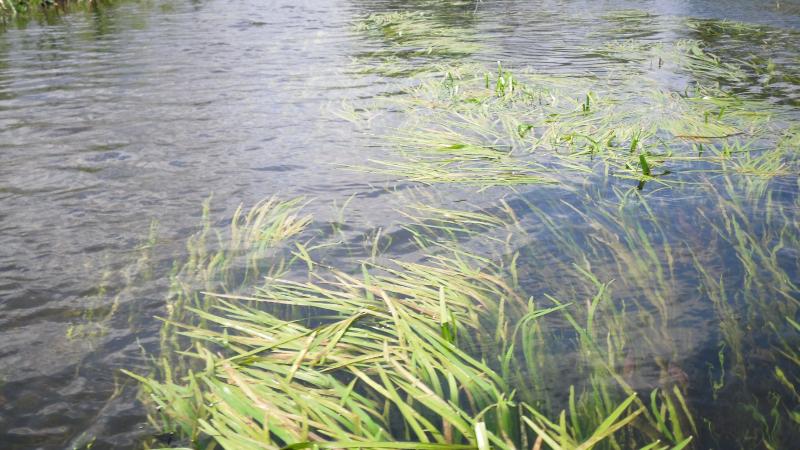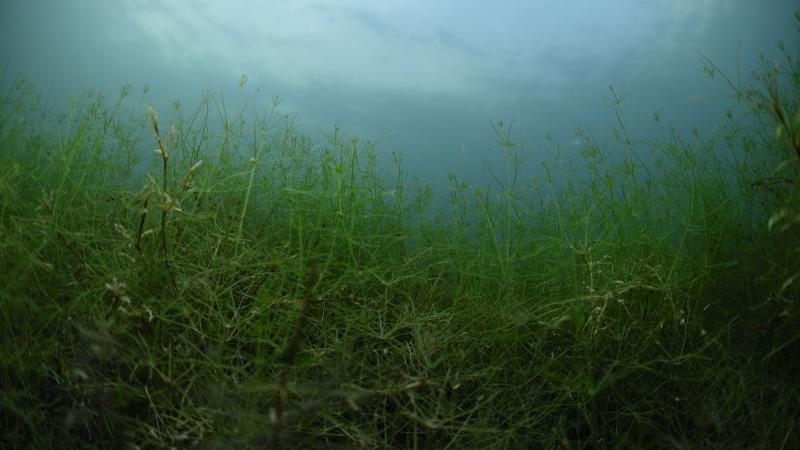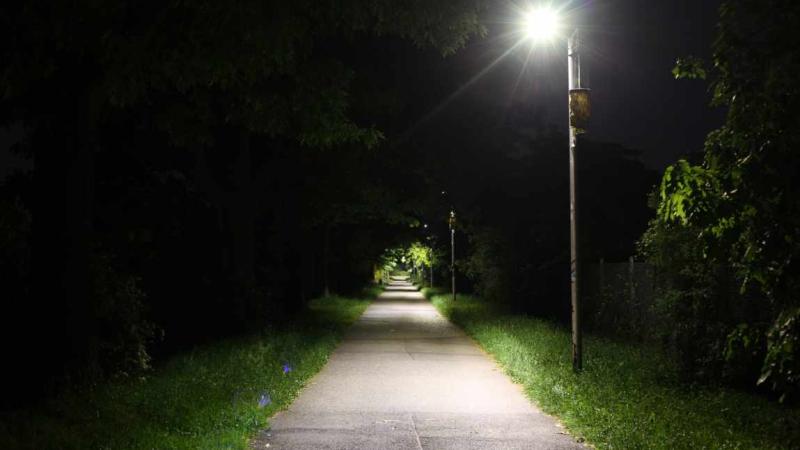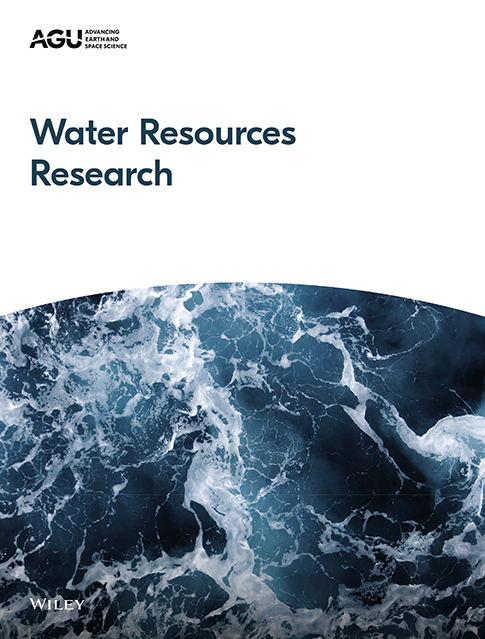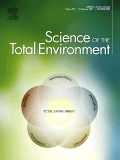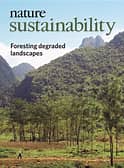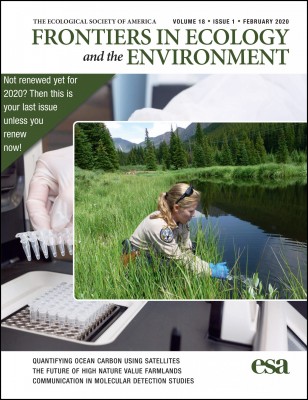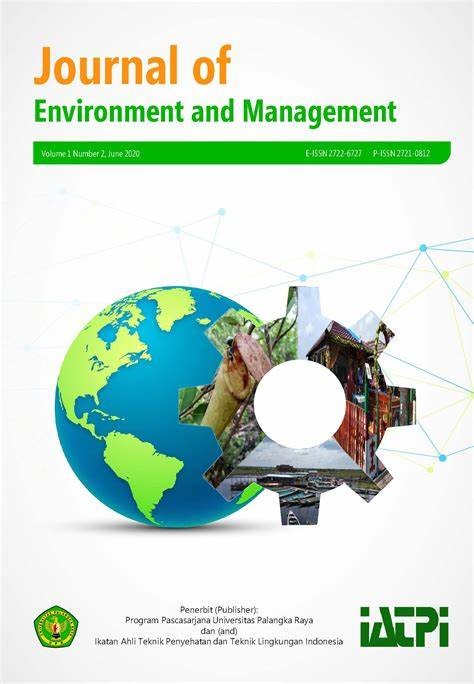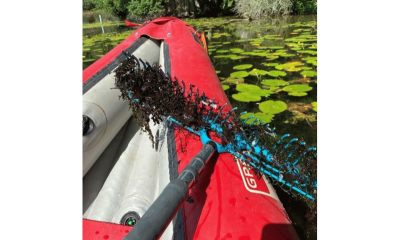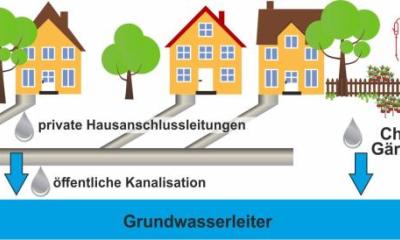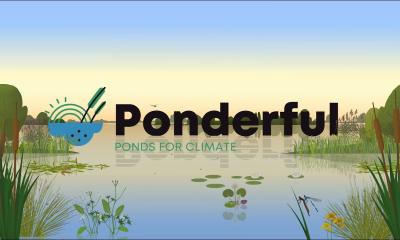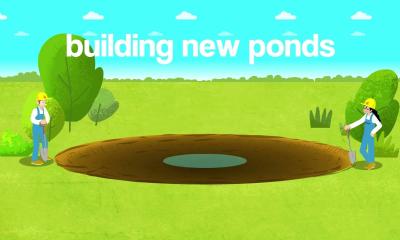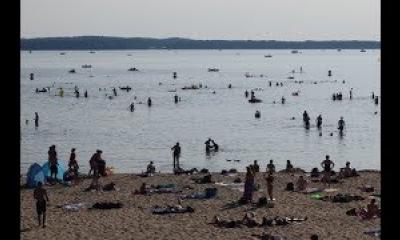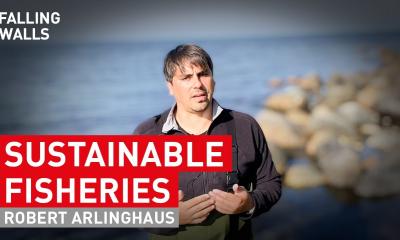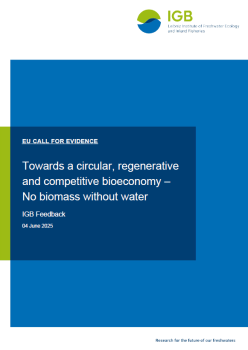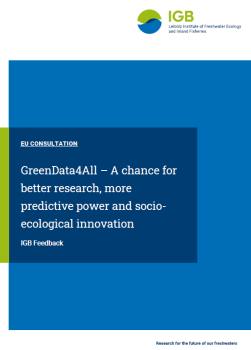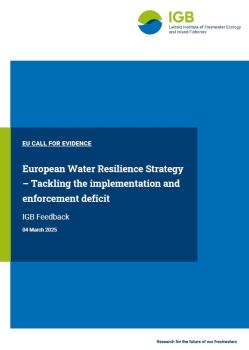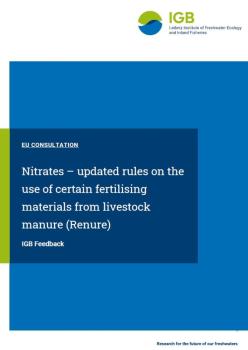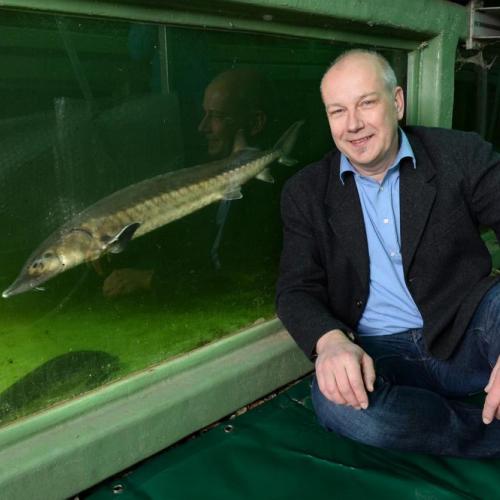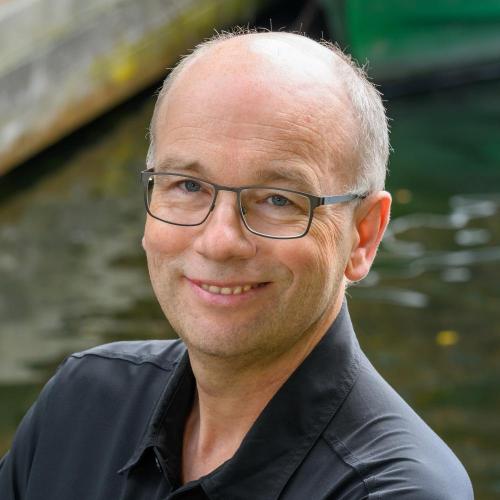Freshwater management and conservation
Related News
Selected publications
Attributing Urban Evapotranspiration From Eddy‐Covariance to Surface Cover: Bottom‐Up Versus Top‐Down
Evapotranspiration (ET) is an important process in the water cycle that can help reduce heat stress in cities. However, it is dependent on surface cover. The study provides insights that can inform urban planning and water management decisions, including improving the living environment of city dwellers.
Causes of macrophyte mass development and management recommendations
In field experiments the authors investigated why mass developments of macrophytes occur and what the consequences of removing them are. The evaluation of different management approaches showed that the "do nothing" option can also be considered when dealing with aquatic plants.
Impact of the Russia–Ukraine armed conflict on water resources and water infrastructure
The ongoing war in Ukraine is having multiple impacts on the country’s water sector. In addition to the horror of the direct consequences of war, the destruction of water infrastructure also carries long-term consequences and risks for the population, the environment and global food security.
Transience of public attention in conservation science
This article addresses the concept of attention transience applied to conservation, discusses its major drivers and mechanisms, and provides an overview of conservation issues for which this phenomenon is particularly relevant. Attention transience only leaves a brief window of opportunity to focus public awareness and mobilize support for nature conservation.
Short-term effects of macrophyte removal on aquatic biodiversity in rivers and lakes
Study of the effects of macrophyte removal on phytoplankton, zooplankton and macroinvertebrates at five sites with highly variable characteristics repeating the same Before-After-Control-Impact design to disentangle general from site-specific effects. Macrophyte removal had negative effects on biodiversity, esp. on zooplankton and macroinvertebrates. It had positive effects on phytoplankton.


